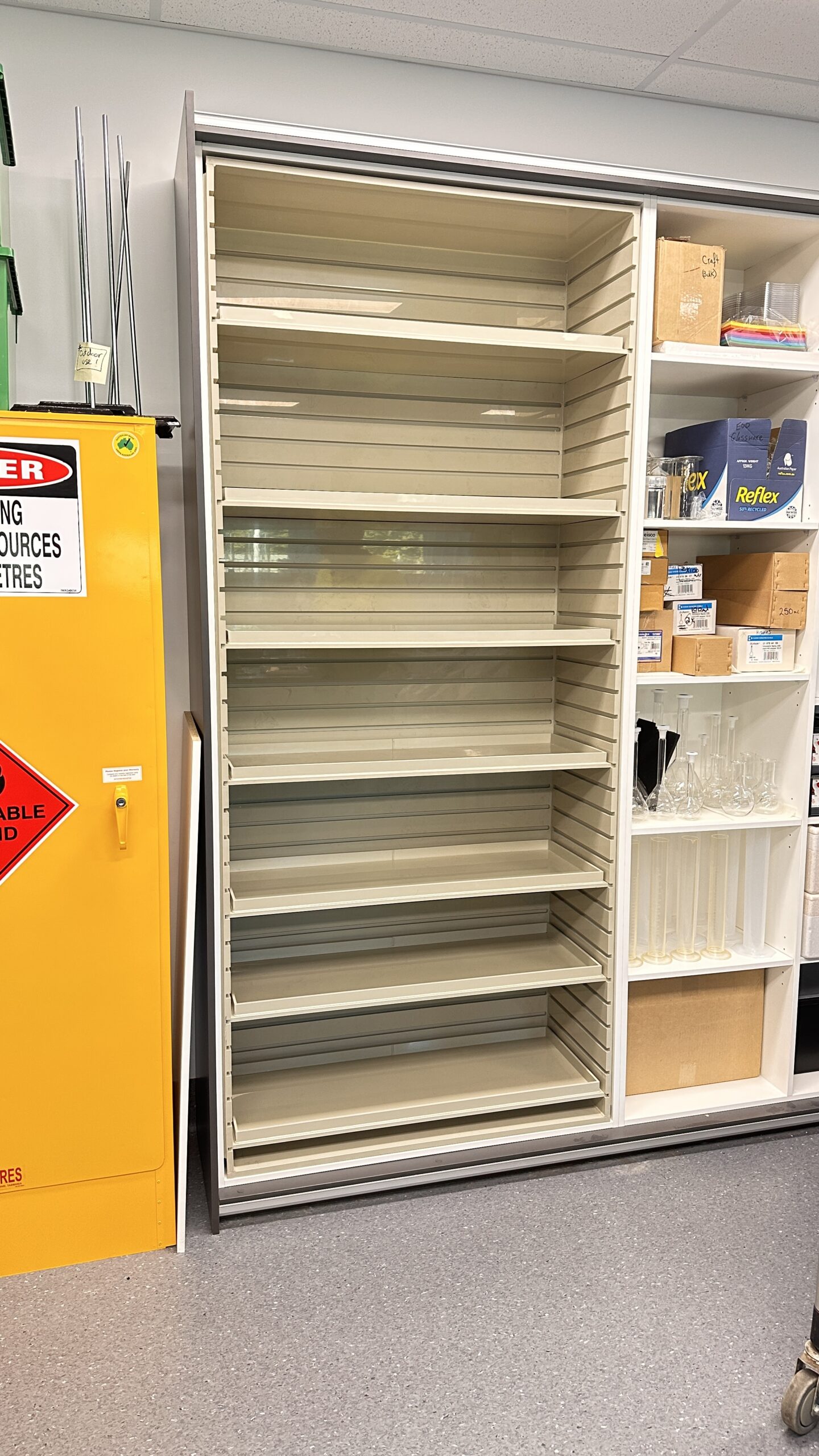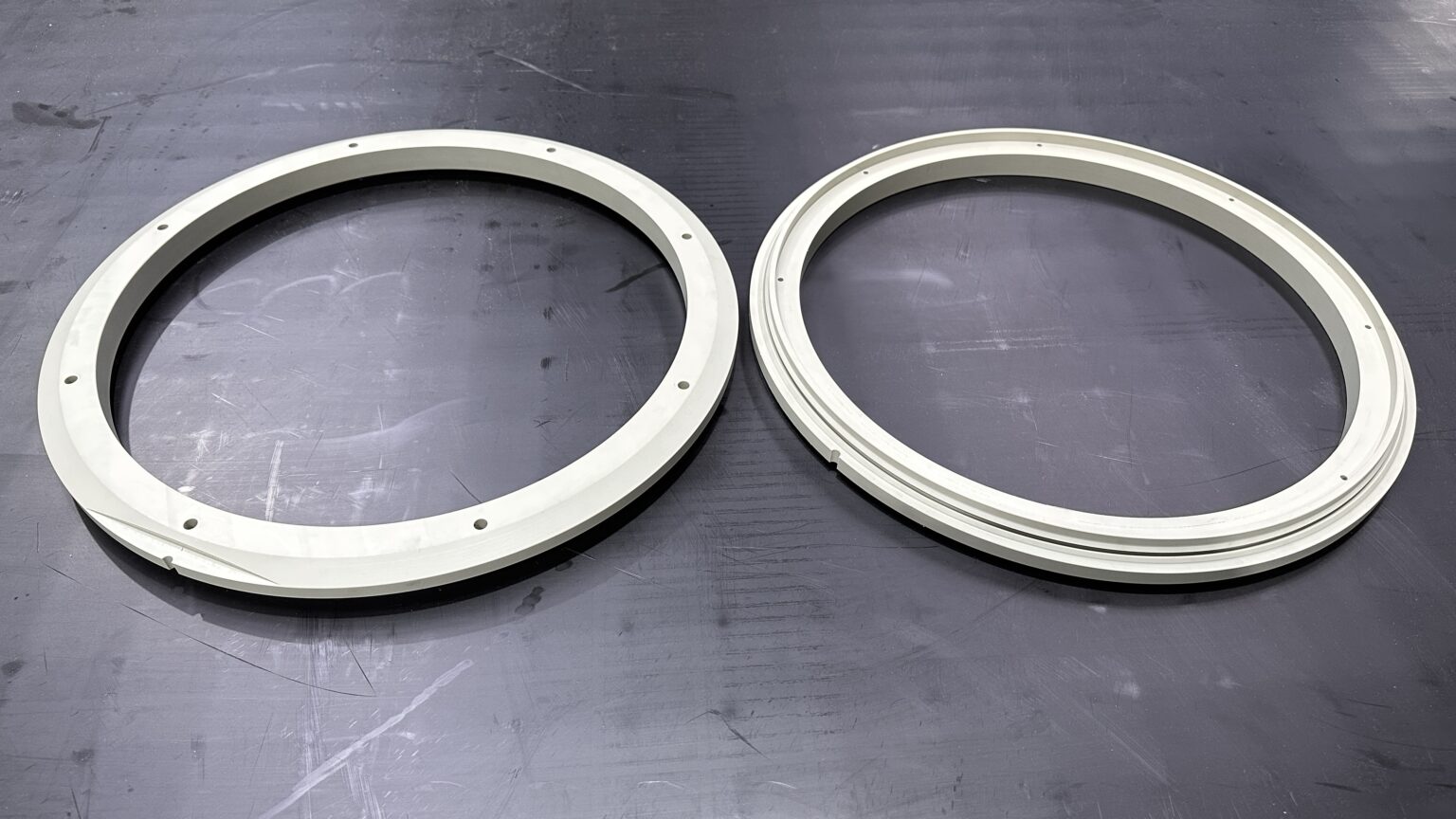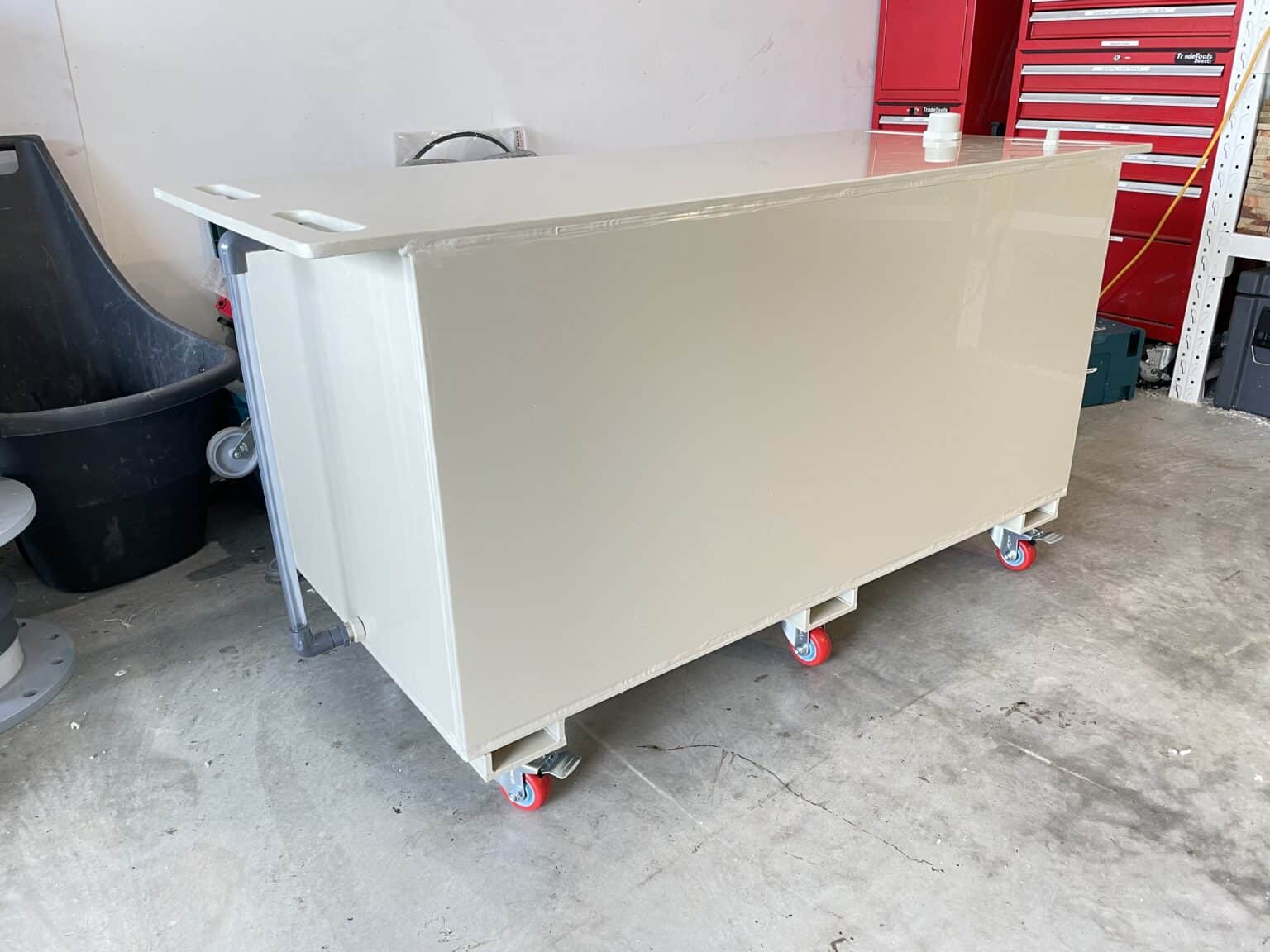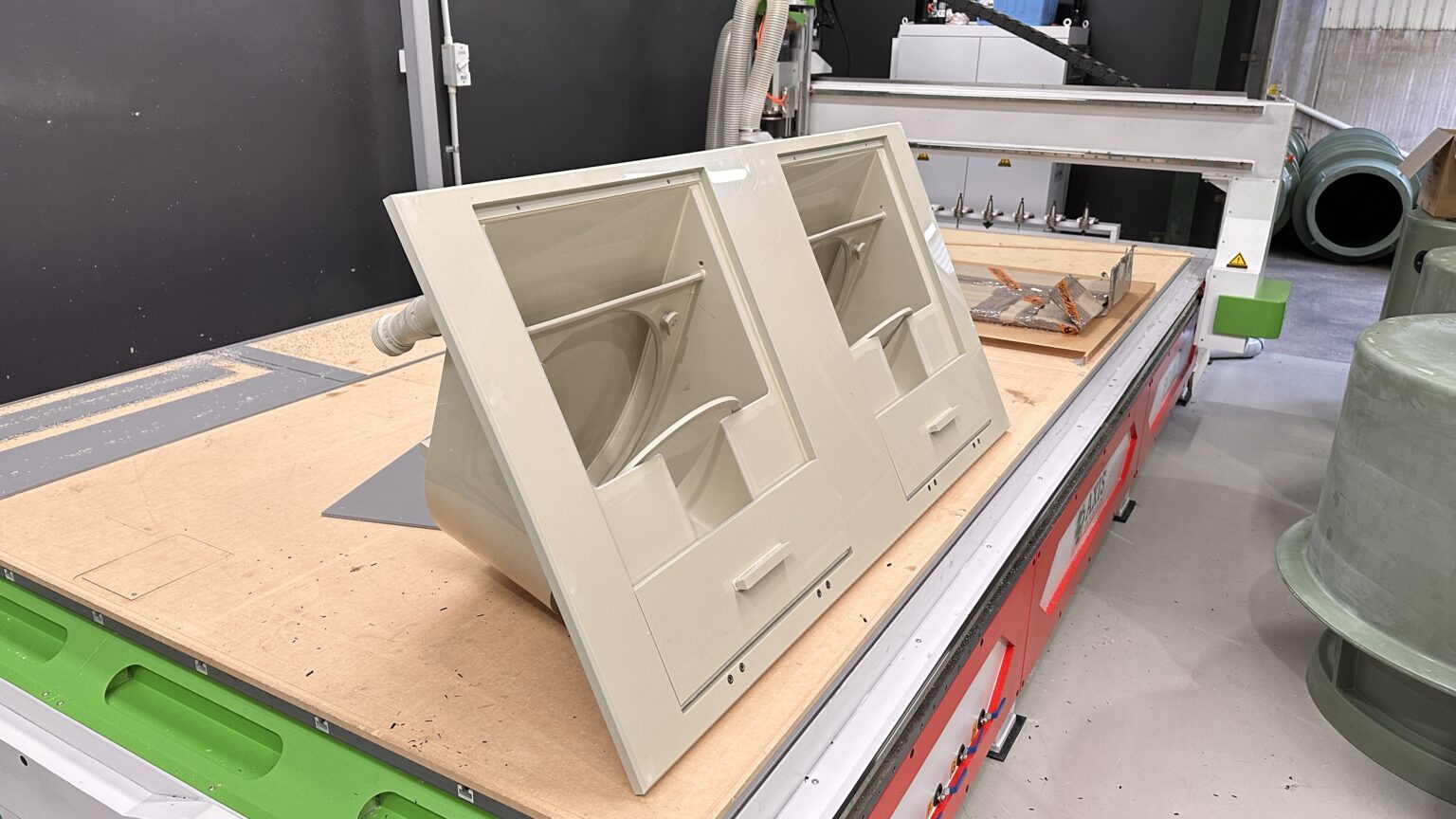TDS: Polypropylene Homopolymer (PP-H)
Make informed choices using our technical data insights.
TECHNICAL DATA SHEET: KEY CHARACTERISTICS AND APPLICATIONS
Polypropylene Homopolymer (PP-H)
General Information:
- Product Name: Homopolymer Polypropylene (PP-H)
- Classification: Thermoplastic Polymer
Typical Properties:
- Density: 0.90 – 0.91 g/cm³
- Melt Flow Rate (MFR): 1.5 – 40 g/10min (230°C/2.16kg, depending on grade)
- Yield Strength: 30 – 35 MPa
- Elongation at Break: 5 – 50%
- Tensile Modulus: 1,500 – 1,700 MPa
- Melting Point: 160 – 170°C
- Vicat Softening Point: 140 – 155°C
- Notched Izod Impact Strength: 2 – 5 kJ/m²
- Heat Deflection Temperature (0.46 MPa): 100 – 110°C
- Coefficient of Linear Thermal Expansion: 150 x 10^(-6) K^(-1)
Features and Benefits:
- High Rigidity: Stiffer than other types of polypropylene.
- High Temperature Resistance: Suitable for applications that require elevated temperature performance.
- Good Chemical Resistance: Resistant to most inorganic acids, alkalis, and salts.
- Electrical Insulation: Exhibits excellent electrical insulation properties.
- Weldability: Can be welded using various welding methods.


Applications:
- Chemical Containers: Tanks, vessels, and pipework for chemical storage and transport.
- Automotive: Battery cases, under-the-hood components.
- Consumer Goods: Appliances, furniture components.
- Packaging: For products that need stiffer packaging solutions.
- Building and Construction: Piping systems, roofing membranes.
- Electrical Components: Housings, electrical insulators.
Processing Methods:
- Extrusion (sheets, films, pipes)
- Injection Molding (components, parts)
- Thermoforming (large parts, containers)
- Welding and Joining
Environmental Impact and Recycling:
- PP-H is recyclable and can be reprocessed into new products.
- It doesn’t readily absorb water, which reduces energy used in drying for recycling processes.
- Should be separated from other plastics when recycling to maintain polymer properties.
Storage and Handling:
- Store in a cool, dry place, away from direct sunlight.
- Avoid prolonged exposure to high temperatures.
- Handle with care to avoid surface damage or scratches.
Safety Information:
- Generally recognized as safe for various consumer and industrial applications.
- When processing or welding PP-H, ensure the area is well-ventilated to prevent inhalation of fumes.
- PP-H has a low flammability but will burn in the presence of open flames, releasing carbon monoxide and water.
Note: This technical data sheet provides general information and typical values for PP-H. The actual specifications can differ based on the manufacturer and the specific product grade. Always refer to manufacturer-specific data sheets for detailed information on a particular product.
Disclaimer: The information provided is “as is” without any warranties. Users are advised to conduct their own verification and testing for specific applications.


















